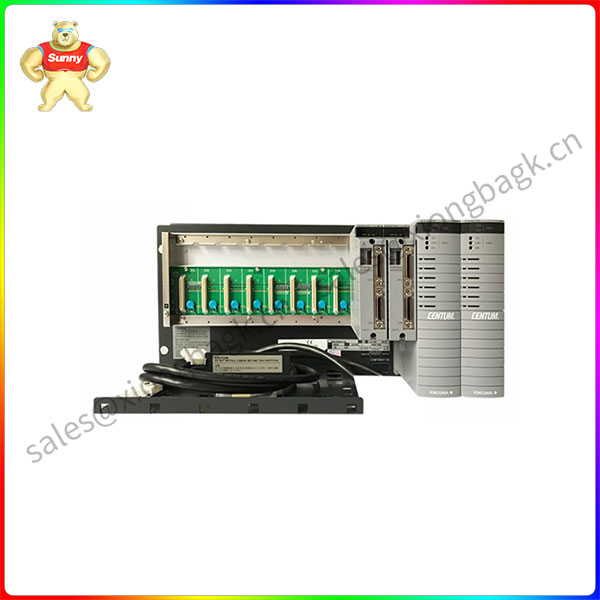The HVC360 charging solution saves electricity and supports the electrification of transport and logistics fleets.
With its high power density, flexibility and forward-looking design, the new charging solution can connect up to four charging terminals to accelerate the decarbonization of bus and truck fleets.
In recent years, as many countries have included the decarbonization of road traffic as the focus of policies to address climate change, the development of transportation electrification has made great progress. Although the addition of more and more public charging piles is good for electric vehicle owners, the number of public charging piles alone cannot meet the charging needs of electric fleets.
In 2022, about 66,000 electric buses will be sold worldwide, accounting for about 4.5% of total bus sales. Moreover, the market share of electric buses is still rising rapidly, its market share in Europe increased by 20%, the market share in the United States increased by 27%, and the market share in India is even more than the United States and Europe combined. The market share of electric buses in China accounts for about 98% of the global electric buses [1].
The rapid development of e-mobility has prompted the market to demand more flexible and efficient charging solutions. In 2023, ABB Electric Mobility will present its new HVC360 charging solution at the Global Public Transport Summit (UITP) in Barcelona to fully meet the charging needs of electric buses and electric fleets and help further develop charging stations.

ANB10D-425CU2N
The new HVC360 charging solution is flexible and adaptable to many different types of site layout scenarios. The device can be connected to up to four charging terminals, and the connection distance between the cabinet and the terminal can reach 100 meters. The compact design of the HVC360 enables it to be mounted against, side by side or along the wall. In addition, the new charging solution has dynamic charging capabilities, which can allocate different levels of power to each charging station depending on the number of charging vehicles or their charging needs. At the same time, the device also supports the interface from the CCS charging standard to the charging bow.
Chris Nordh, global Head of ABB’s Electric Mobility Fleet and Transport business, said: “The launch of the HVC360 charging solution demonstrates ABB Electric Mobility’s further commitment to a zero-emission future. This device is well suited to meet the charging needs of bus and truck fleet operators for complex and demanding scenarios. At the same time, we will also support them with decades of rich development experience and flexible and efficient field service.
The HVC360 charging solution not only has high quality and high power density, but also has strong flexibility, and can work with various Oems (automotive Oems), which is an international solution. “We are excited that this device will meet the needs of customers for applications of different shapes and sizes, helping them reduce operating costs and carbon emissions, and follow the trend of electrification of heavy duty vehicles as well as passenger cars.”
HVC360 charging solutions have a wide range of potential applications in the transportation industry. In 2022, nearly 60,000 medium – and heavy-duty electric trucks were sold worldwide, accounting for only 1.2% of the total truck market. [2] As the industry continues to expand at a compound annual growth rate (CAGR) of up to 47.5% [3]. Global sales of electric trucks are expected to exceed 1.1 million units per year by the end of 2030 [4]. Such rapid growth rates are essential for countries around the world to meet their transport carbon reduction targets.
The HVC360 charging solution not only has high-quality hardware, but the matching ABB Electric Mobility support system can be used for remote management and installation of digital toolkits, combined with multiple layers of service and support to effectively enhance the user’s charging experience. In addition, ABB’s energy management solutions support optimal charging performance and energy consumption, enabling efficient operation of electric bus and truck fleets.
 中文版
中文版




